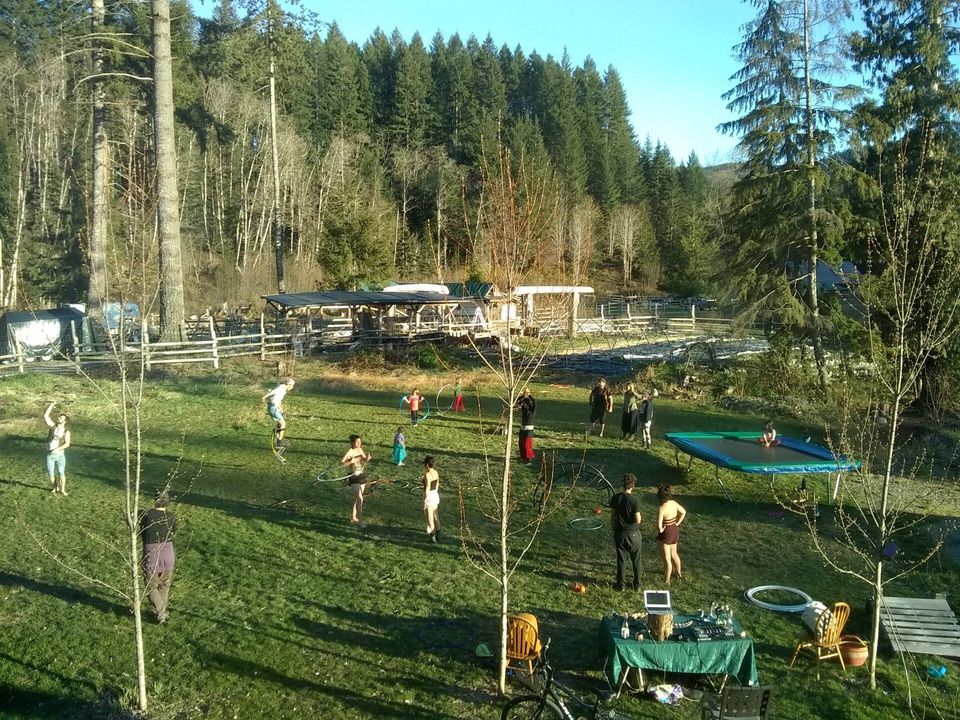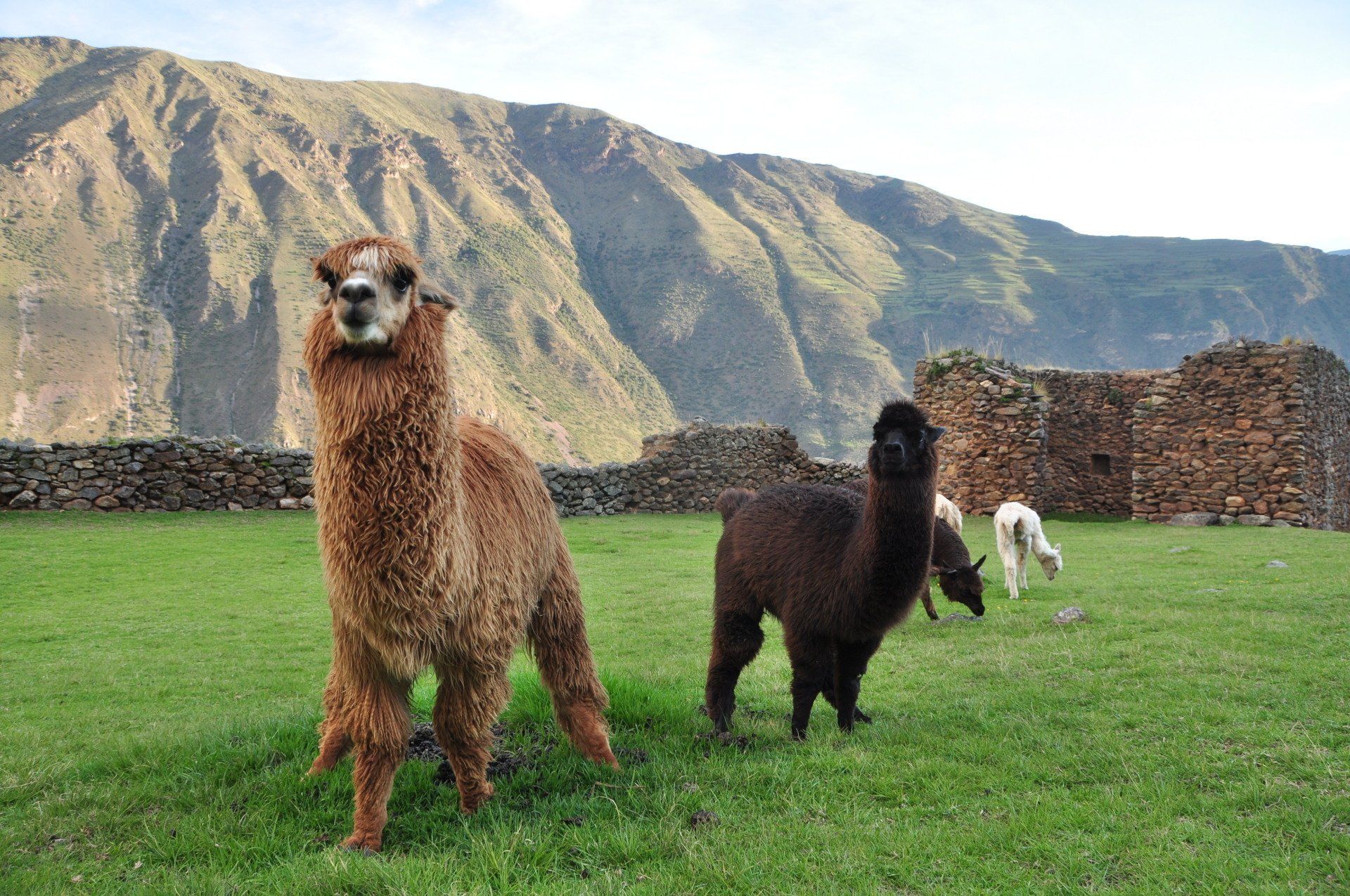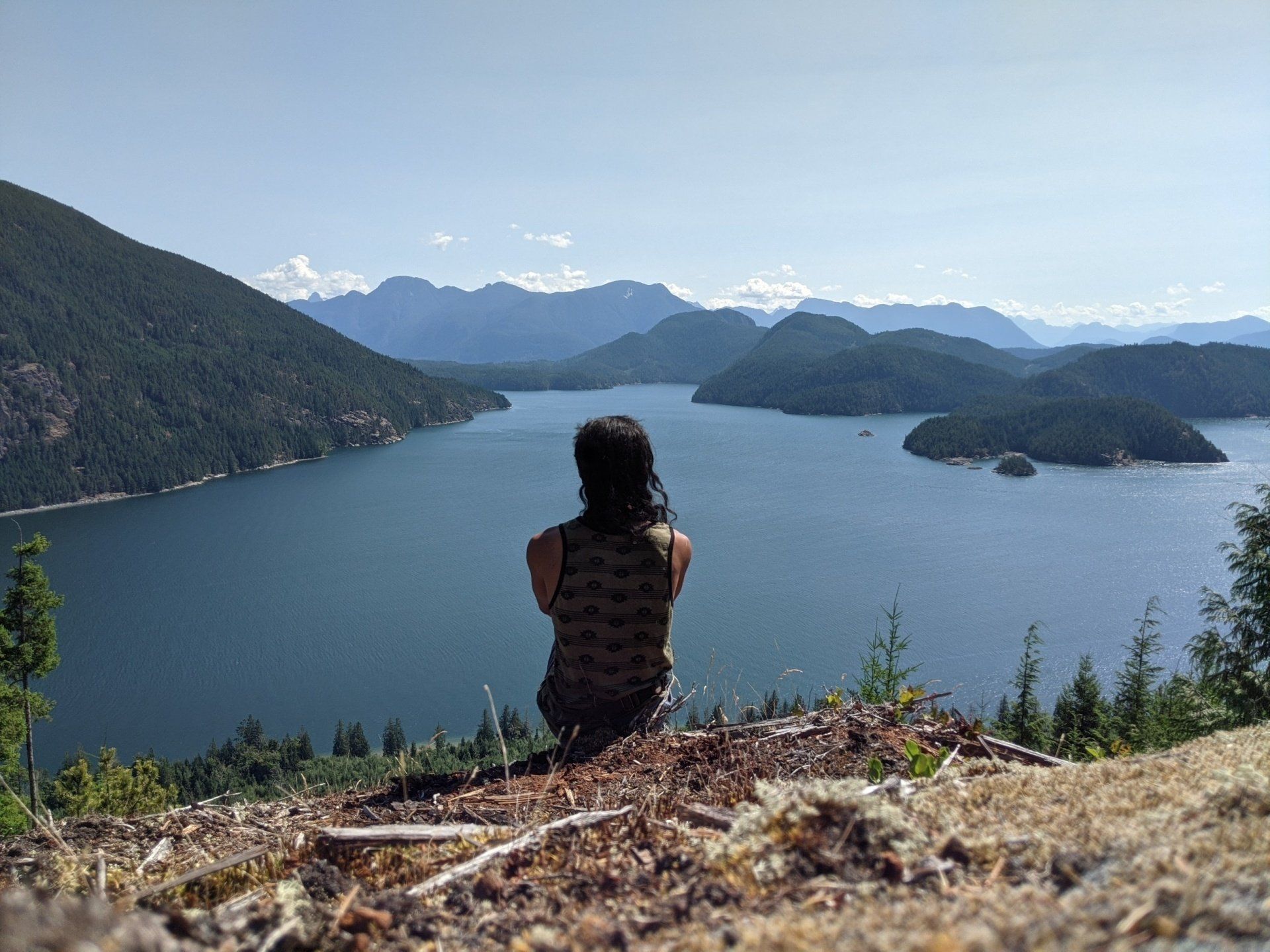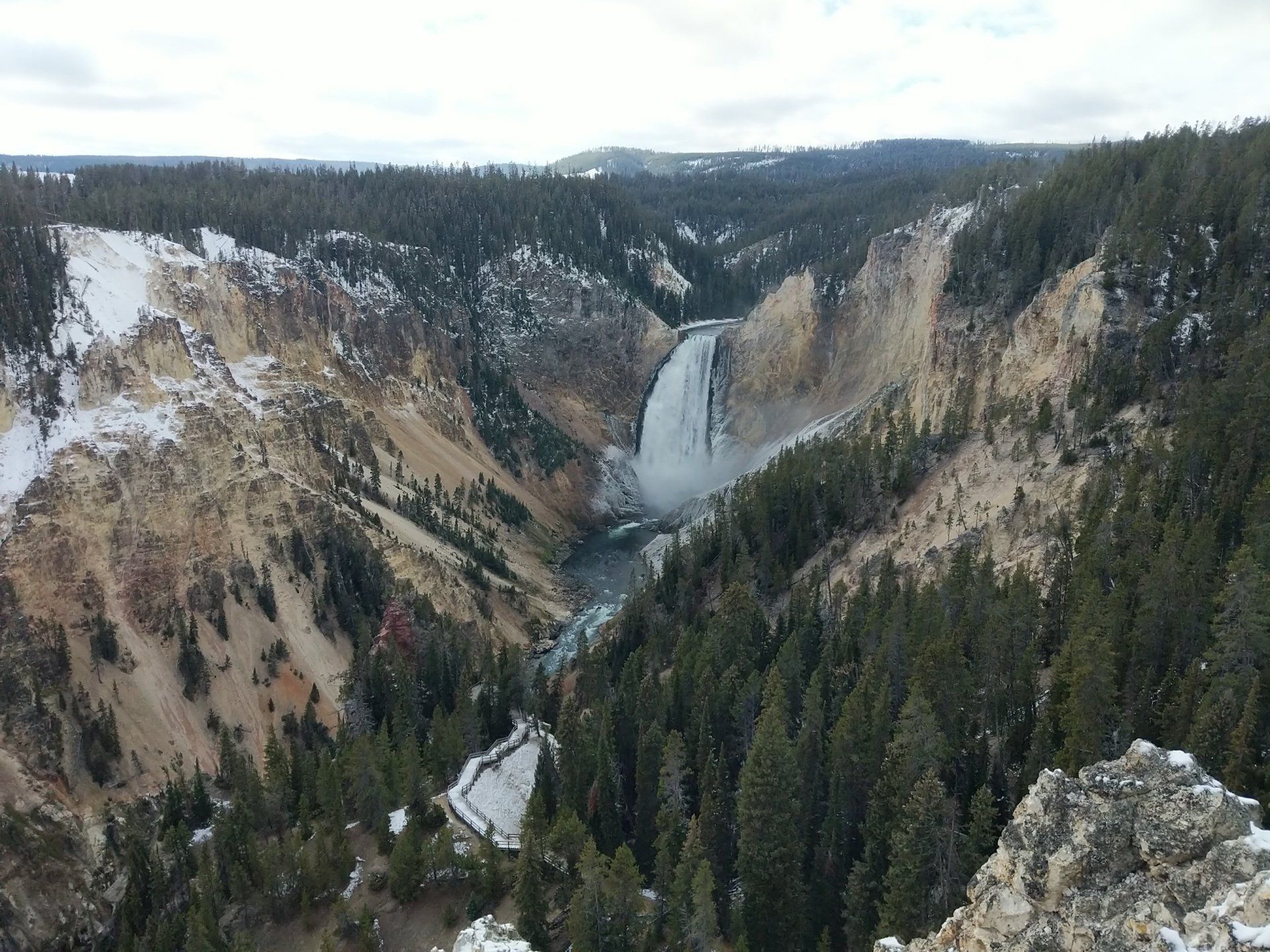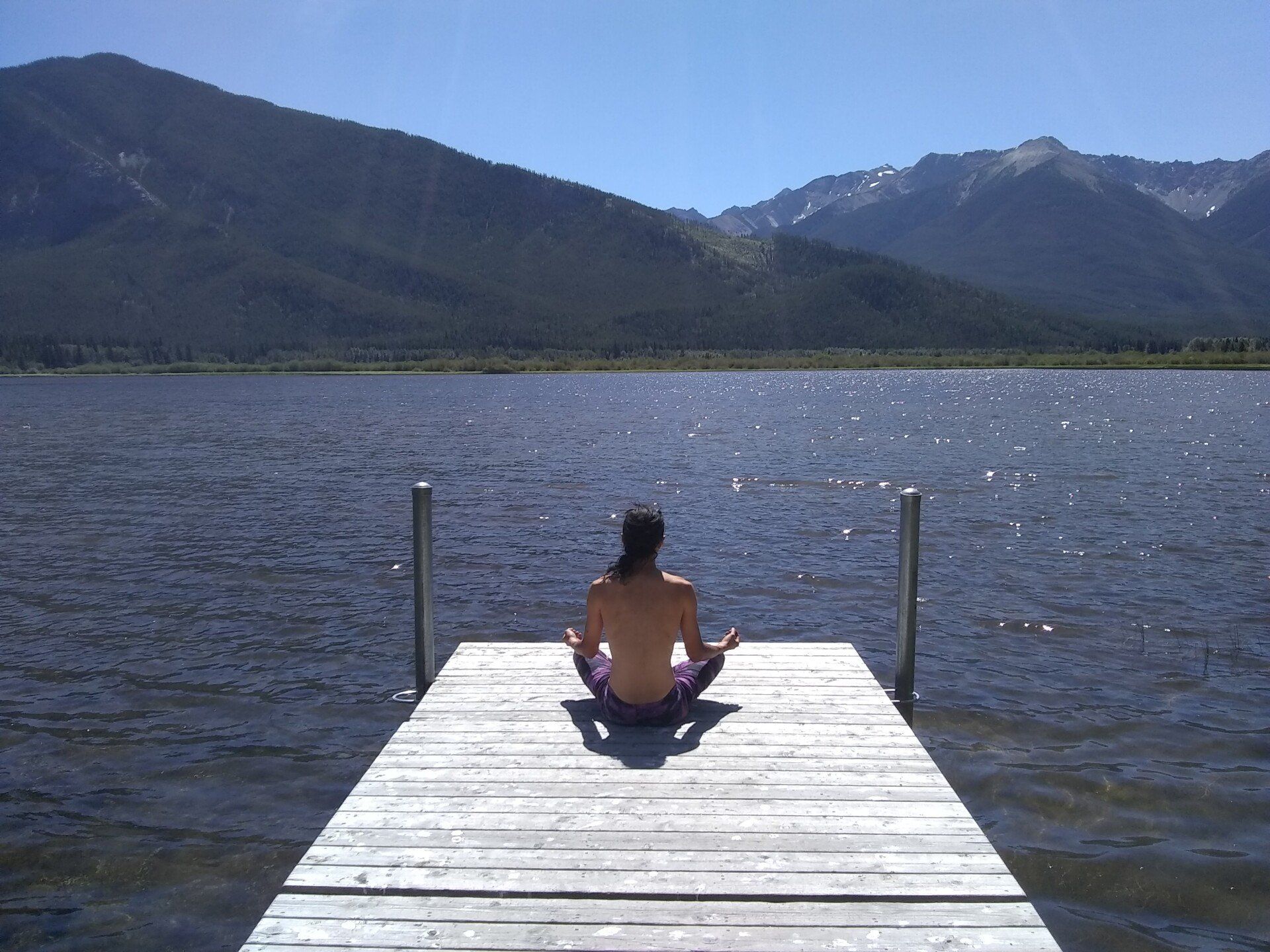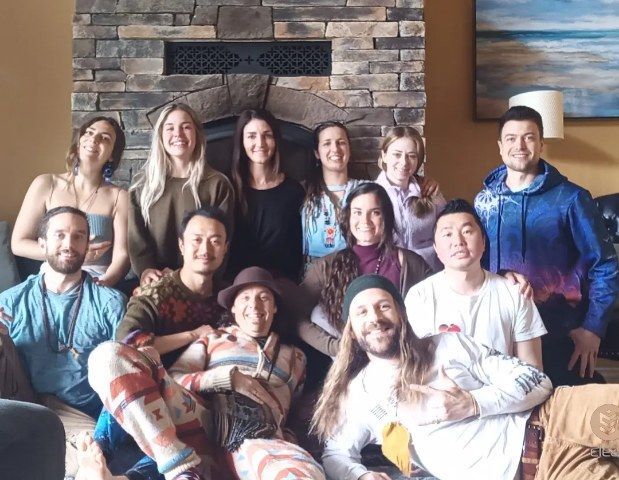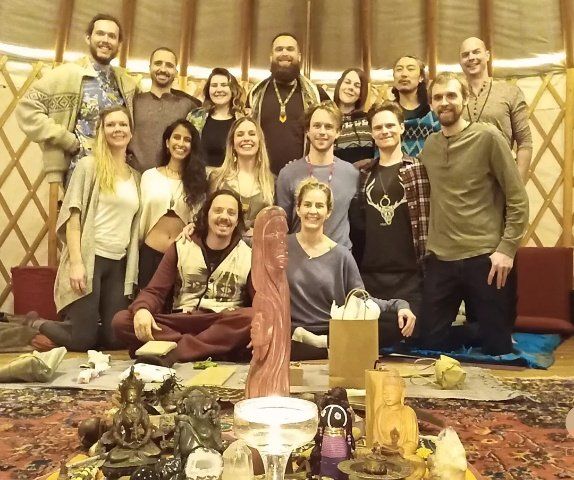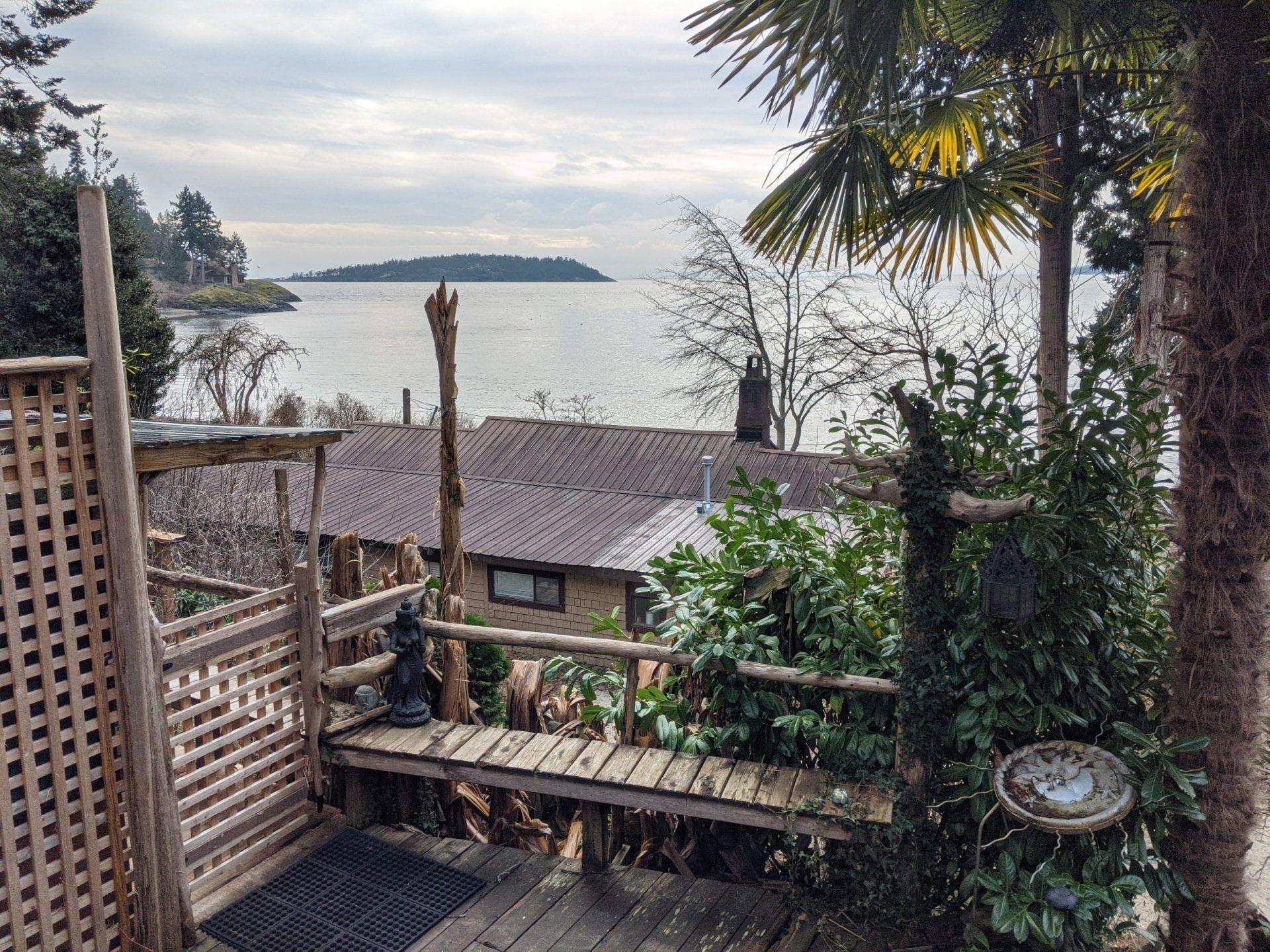This Crisis Calls for a Real Community Movement
Andrew Lee • March 28, 2020
Coronavirus is a tipping point bringing us towards community
Originally published March 2020
I have been very fortunate on my own journey in that, in the process of creating a meaningful life for myself, I have unconsciously stumbled upon and experienced real community. But I've worked hard to create the life I have now, and hard work also creates good luck, and so I feel I have both been pulled to and earned the community I have found.
The coronavirus pandemic sweeping the globe, threatening to unravel the fabric that the international community has worked so hard to create, is catalyzing a revolution that has been in the making for decades. This is not a one off event - this is a wake up call that if humanity doesn't change its relationship with Mother Earth she will push back with larger, more disastrous events in different forms, whether that be rising sea levels, famine or hurricanes.
And with the global fabric being threatened, those long distance connections unravelling, humanity needs to shorten those connections. I'm not at all suggesting that we halt technological progress, sever global connections and go back to living like Stone Age homo erectus. I'm suggesting that in the process of globalizing our culture, we as a species have forgotten how to live local, and forgotten that that is the most harmonious way to live with Mother Earth. Yes, we are moving forward with a digital globalized world, but it is also imperative to restore and reincorporate aspects of living in more ancient time-tested ways to restore our balance with gaia.
This is where community comes in. Community is local. It is sustainable and harmonious with Mother Earth. But it is so much more. Community provides more meaning and deeper sense of fulfilment and happiness in members' lives. And in these times, it provides greater resilience against disastrous events.
I wish I could say more about the communities I have found, but at this point I can only speak in more general terms: in these communities, the land is subdivided and legally structured so that ownership is divided fairly equally. The land has access to freshwater and large gardens. And the wholesome folk who call it home are made up of generalists - builders, food growers, artists, musicians and healers. All in all, possibly the most magical and inspiring group of people in this part of the world which I have been roaming on and off for the past 5 years.
And the story that brought them together is similar to my own story of finding them - one of individuals working hard to create a meaningful life for themselves, and in the process unleashing a series of fortunate events, one could say coincidences, culminating in finding each other in the right moment under the right circumstances for the community to come together.
Hopefully my story continues to intertwine with theirs. I feel extremely blessed that I just arrived at said community yesterday, and I can't imagine being anywhere else to ride out this crisis.
One of the many lessons I've learned along my search for community is that it's a really, really long and difficult road, a daunting lifelong process. It takes a lot of inner work, setting your ego aside to make compromises, time, energy and money investment and lots of mistakes and obstacles. A lot of friends talk about it, and wish they could find a magic bullet solution to finding a community, but the truth is only 1% of people will ever magically stumble across the community of their dreams.
The community I described above physically came together on the land last year, but from the stories I heard, its conception could go back years, possibly decades in the making. It started with friendships in the distant past that built up trust and connection, setting intentions and having discussions about community. That trust and connection eventually solidified into a strong unshakable core with a strong vision that can't be unravelled by adversity or watered down by outside individuals.
One of my dearest friends here began her own search for community with strong intention 10 years ago! Her search began touring established intentional communities in tropical countries, and eventually brought her back home to a newer but more local and viable longer term solution.
So if you want to start a community, set a strong intention and vision, then start having conversations with friends that you want to have as part of your community. That simple act will get the ball rolling, and after years, maybe decades, of hard work creating a meaningful life for yourself, solidifying that strong unshakable core with future members, you will achieve your goal of starting a community. Co-owning land, growing food, educating and inspiring the greater community around you. Living harmoniously with Mother Earth.
If this is too daunting of a task, start manifesting community in smaller ways. During this pandemic, our lack of resilience is glaring - local businesses and artisans' livelihoods are threatened. It's a likely outcome from this pandemic that corporations will consolidate even more of their power, further threatening to undermine the strength of community. Buy local - buy from your friends who make art and jewellery instead of from Amazon, shop at local markets for local produce instead of for tropical fruits at a large grocery chain. Garden, learn about permaculture. Replace face book time with quality face to face time. Replace Netflix time with creating art and music, or nature time.
Years from now, when you look back, hopefully you will see coronavirus as a tipping point catalyzing changes that bring you towards community in your own life and, from a global perspective, see it as a tipping point catalyzing a real community movement.
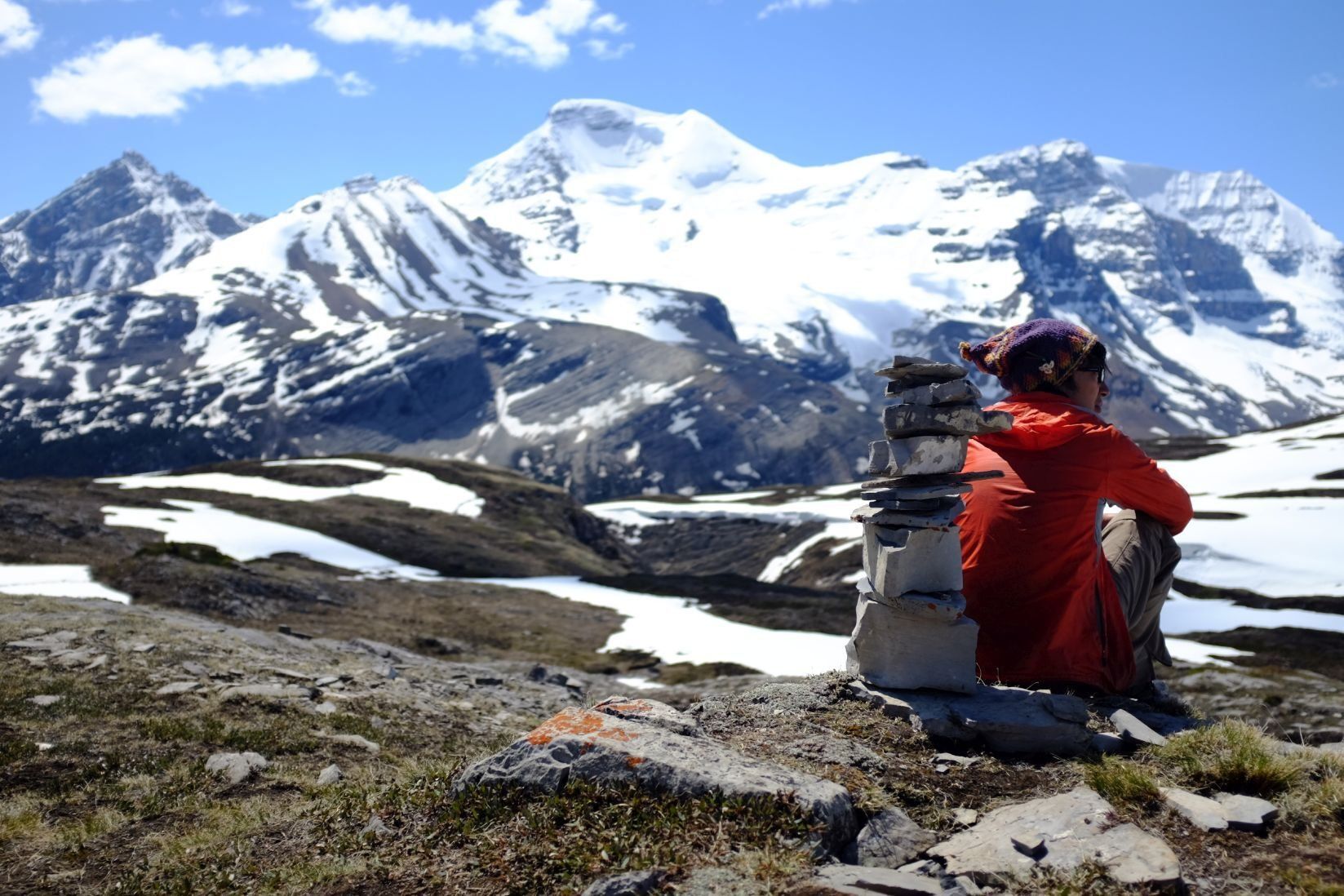
"People shouldn't be afraid of their governments. Governments should be afraid of their people." This phrase from my favourite movie alludes to the fact that the people should be the prevailing force that keeps their government in check. At some point a government becomes too big and starts looking after its own interests, no longer serving the needs of the people it was created for. Governments have long been the dominant organizations of the 20th century. In the 21st century technology corporations are eclipsing governments. Rapidly advancing technology has increased not only the influence of these national and multinational organizations, but their ability to monopolize even more power. When organizations reach a certain size, just like governments, they no longer act to serve the people, but their own interests. T here are plenty of examples of this throughout history. Facebook was recently exposed, when a former employee and whistleblower testified to the US Senate that the company repeatedly faced conflict of interests over profits versus reducing division, and always put profit first. Polarization for Profit How was FB able to do this? Typically if a company was exposed for not serving its customers' best interests, customers would take their business elsewhere. But with social media, there is almost nowhere else to go. FB has cornered the market, and intentionally bought or squashed competitors to cement its dominance in the space. Undermining free market principles has allowed FB to serve its own interests over the interests of its customers. They are maximizing their profit by allowing dishonest science to go viral, and allowing divide and conquer to occur. Facebook isn't the only big tech company guilty of this activity. Google, Microsoft and Apple have been sued for antitrust actions . And big tech isn't the only corporate sector valuing profit over people. Nearly all the largest corporations are guilty of some sort of fraudulent behavior, whether it's big oil, big pharma, big agriculture or big food. Governments are not only complicit in allowing corporate abuse to occur, they are often hand-in-hand with corporations and mainstream media. I've seen this first-hand with my experience at the Fairy Creek Blockade , the largest act of civil disobedience in Canadian history, preventing old growth logging on Vancouver Island. On the ground at Fairy Creek I've witnessed a coming together of some of the most beautiful and inspiring humans, passionately protecting the environment against corrupt political leader Premier Horgan, who went back on his word to stop old growth logging. In the news, however, there's little to no coverage of the events, and what coverage there is, is highly skewed against the protesters. It was here where my direct experience caused me to lose faith in mainstream media, and to see how they are under the sway of existing power structures. To see how they would take certain photos or video snippets and portray them in a different light, to make protesters appear irresponsible or incompetent. Or to portray the Premier's words and actions as if he was resolving the issue, when in reality he was deceiving the public. The Psychology of Polarization So why, on a psychological level, is polarization catalyzed by social media? It's quite simple really. Technology has eroded the quality of communication between people. There is a richness to face-to-face communication that cannot be conveyed. Studies have shown that 90% of communication is nonverbal (body language and voice tone), meaning only 10% of communication is through words alone. Words alone are such a poor quality of communication that they do not properly express the author's full meaning, and are too easily misinterpreted by the reader due to their own biases. This is especially true with words on a screen, transmitted through instant messages or social media posts. And yet it has become the most dominant form of communication due to its convenience. How many times did you misinterpret a text or a social media post, and respond with a critical comment? How often did this needlessly escalate into a full blown conflict? It happened quite a bit in the past with me, and I eventually learned to resolve disagreements with a phone call or meeting face-to-face. Unfortunately, too many people rely on texting because they have gotten too used to it and have lost their ability and initiative to resolve conflicts in person. Humans are still wired for face-to-face communication, and this is particularly necessary when resolving conflicts. Today, we are creating conflicts through texting and comments on social media posts. This is a recipe for disaster, a vicious cycle of misinterpretation where one comment blows up into massive conflicts. And, as mentioned in the previous section, Facebook is aware that this is happening on their platform, and instead of working to resolve it, they are exacerbating the problem. But the sole goal, the very existence of a corporation, is profit. Any non-financial consequence is a mere externality. Bridging the Communication Gap Seeing the bigger picture isn't easy. It takes a trauma-informed understanding of how the world got this way, in order to move forward with nonviolent solutions that bring people together, not further apart. The majority of people are living in fear. Their nervous systems are constantly in hypervigilance, meaning they are on edge, ready to engage in fight or flight. Showing them disagreeable information will only trigger their fight or flight, and potentially start a vicious cycle of arguing. People living in this way carry a narrowed perspective, focusing only on survival, and are thus unable to see the bigger picture. In order to engage with people on the other side of the coin, social media is not the answer because its low quality medium of communication creates further division. What's needed is the exact opposite . The one antidote in a time of such extreme polarization and division is face-to-face conversations with those we disagree with. This is also exactly what is being discouraged by the pandemic. Mask mandates have undermined our ability to see and read facial gestures. Closures of small businesses and gathering places have prevented the opportunities for holding the gatherings and face-to-face conversations needed to bridge this gap. It is critical to be able to spend time with people we don't know in order to break down each other's walls, and eventually feel safe sharing information without feeling antagonized. The Way Forward More and more people out there are realizing deep down that not all is as it seems. If I have a plea to you, it is, against all odds, to take the courageous step to gather with people and have face-to-face conversations again. If you can do this with people you already feel safe with and who share your views, then do this with people who you don't agree with. Start by smiling at strangers outdoors. Engage in friendly conversation. Unmasked people have been framed as antagonists. If you are brave enough to go into indoor businesses without masks, smiling at people completely disarms their hypervigilance. This is exactly what I have been doing, and the vast majority of my interactions have been positive or innocuous. I've had people smile back at me and acknowledge my bravery, and others follow my lead and take off their mask. Unmasked and smiling, you are a shining light, a warrior. You are an inspiration to others who sense something is wrong but are too afraid to act out against the narrative. Even if you have confrontations, smiling and holding your head high, proves to the confronters that you are a compassionate individual. Not only are you disarming the narrative, but you are disarming nervous systems. I certainly have had a few business owners ask me to put on a mask or leave, and obliged their concerns with a smile. If conflicts occur through your social media platforms, engage directly with others through phone calls or voice messages. This has been my most effective tool for deescalating conflicts. However, I choose phone calls and voice messages over texting more and more often these days in general, because my friends and I value the richness of expressing in voice and hearing each other's voices. Polarization is one of the greatest invisible threats to society, preventing people from uniting in action against tangible and urgent threats. It is up to all of us individually to overcome these barriers, through gathering and having face-to-face conversations again, with those we do and do not share views with.

